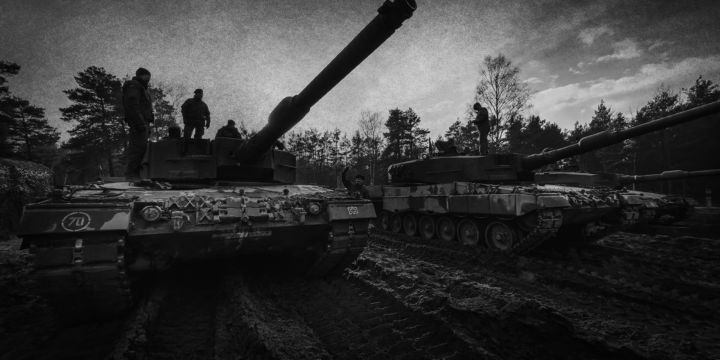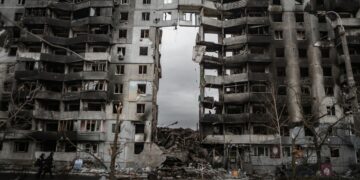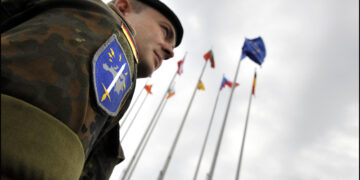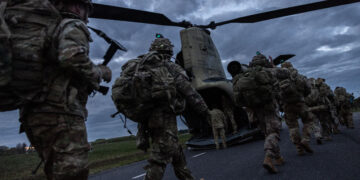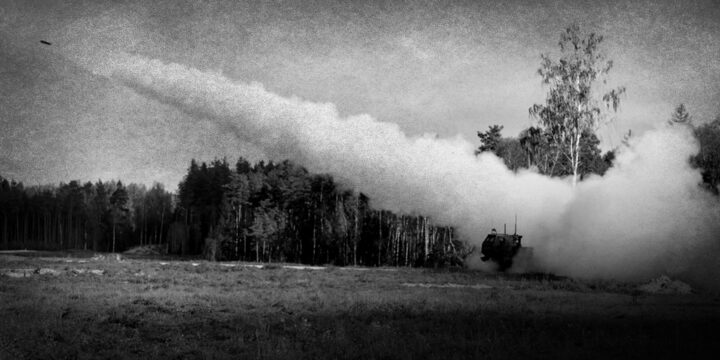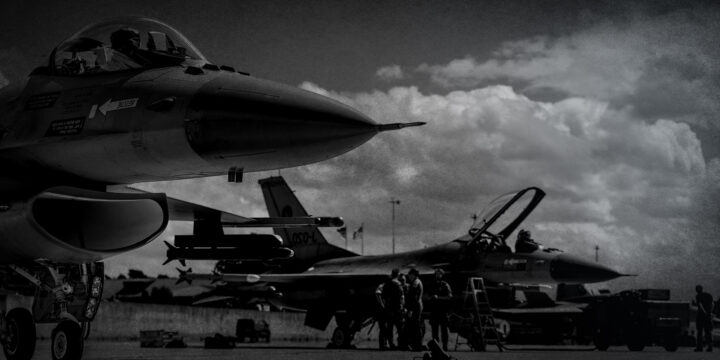November 29, 2024
Ukraine’s missing medical mobilization
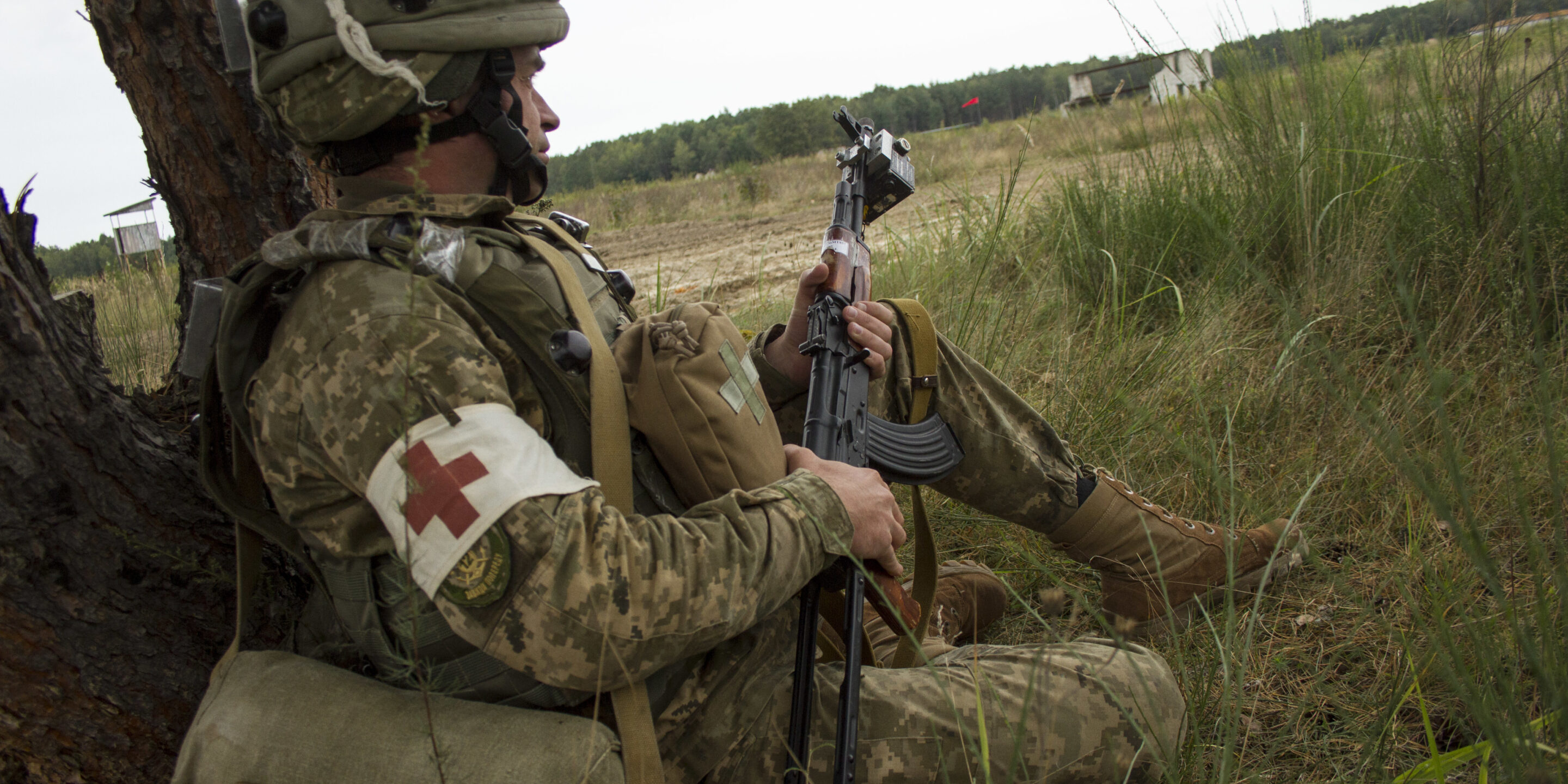
“Don’t go down there,” warned Andrei, a Ukrainian police paramedic, as he stubbed out his cigarette and scratched his beard. He and his boss, another paramedic named Andrei, then got back in their car and drove off to work. (The two men did not give their last names to protect their anonymity.)
“There” was four miles down the road: Pokrovsk, a Ukrainian mining city that is currently one of Russia’s major war objectives. The two Andreis are police paramedics in Donetsk Oblast, which has been violently contested since 2014. Driving an unarmored civilian car with a life-size rubber severed hand jammed in the dashboard as a macabre gag, the two men brave Russian shellfire, rockets, and attack drones daily in order to treat and evacuate wounded civilians and soldiers from Pokrovsk and the rest of Donetsk. Like virtually all Ukrainian medical personnel, the two Andreis are volunteers.
Ukraine’s front-line combat medics do valiant work as the first echelon of casualty care. But nearly three years into the full-scale war, there are still too few of them. Ukrainian medics usually have just four weeks of training—a quarter of what U.S. Army medics get. This limits them to providing the bare basics: administering medication, fluid resuscitation, and stabilizing traumatic injuries. And the Ukrainian Armed Forces currently have less than 50 percent of their required combat medics, according to the staffing reports of dozens of senior medical officers provided to us during a research trip to Ukraine in September.
The limits of Ukraine’s medical mobilization are even more acute at the next level of military clinicians: the doctors, nurses, and other medical professionals who determine life or death for the seriously wounded soldiers brought to them by front-line paramedics like the two Andreis. They provide what NATO militaries call Role 3 and Role 2 care: field hospitals and forward surgical support, respectively.
Read article in Foreign Policy
Author

Gil
Barndollar
Non-Resident Fellow
Events on Ukraine-Russia
